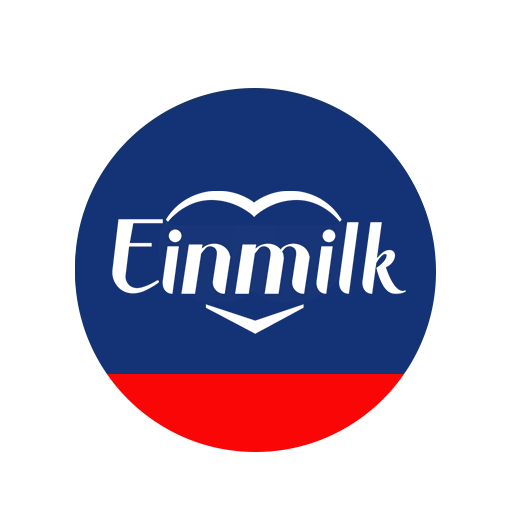Having a new baby is a huge milestone and it can cause jitters for many couples who have no idea what to do. If you’re one of them, don’t fret as we have compiled a short guide which you can refer to for help.

Have fun preparing for your new bundle of joy!
Baby Essentials
Should you get a cot, playpen or a co-sleeper bassinet? Which stroller should you get? When considering big-ticket purchases, it may be wise to brave the crowds at a baby fair where you can see the items in person and decide better. If you’re not particular, you can consider purchasing second-hand options to save money. Do check to ensure that they are in good working condition.
Some parents purchase only items that are absolutely necessary and buy the rest after the baby is born. Items that are necessary include newborn rompers, washcloths, toiletries, swaddle cloths, socks and diapers.

A baby bassinet can be placed right next to the bed for easy access to your baby in the first few months.
Feeding
Contrary to popular belief, babies should be fed on demand rather than according to schedule. A newborn generally drinks about 60ml to 90ml of milk every 3 or 4 hours if formula fed, and more frequently if breastfed. Rather than sticking strictly to a schedule and recording down all the details, it is better to look out for your baby’s hunger cues instead.
Hungry infants start off by licking their lips and making smacking sounds before rooting, fidgeting and squirming. If they are still not fed, this progresses into frantic crying.
If your baby is fully breastfed, nurse your baby the moment he or she exhibits hunger signs. It is rare for exclusively breastfed babies to be overfed so there is no danger in latching frequently. Breastfeeding also provides comfort and security to your newborn.
Umbilical Cord Care
The umbilical cord stump will take about a week to dry up and fall off. It is important to maintain the hygiene around the umbilical cord by keeping the cord stump clean and dry. Use a cotton bud dipped in warm water to gently clean around the base of dried blood and wipe the cord dry with a clean cloth. Keep the area airy to let the cord dry up faster.
Bathing a Newborn
Newborns can be given sponge baths until the umbilical cord has fallen off. Use a clean, warm towel to wipe your newborn’s face and body. When it has fallen off, you can use a bathtub with infant bath support to free up your hands to bathe your baby thoroughly.
Do ask the nurse at the nursery or an antenatal professional to demonstrate to you how to bathe a newborn if you are unsure. Both new daddy and mummy can learn and try – a little practice will help with growing your confidence!

Newborns require a lot of security from their parents since they’re new to this large and scary world.
Cuddling
It is perfectly alright to pick up and cuddle your newborn when he or she cries instead of letting him or her cry it out. Studies have shown that cuddling is not only perfectly safe, but it has long term effects on their health and development. Frequent skin-to-skin contact leads to improved neurodevelopment and lower rates of aggression.
Some experts believe it is impossible to spoil a newborn by carrying them “too much” as their needs are very much basic at this age – to be fed, cleaned, burped and comforted.
We hope this simple guide will be useful for you as you make preparations to welcome your very first baby. Feel free to share what you’re most anxious about when handling newborns!



